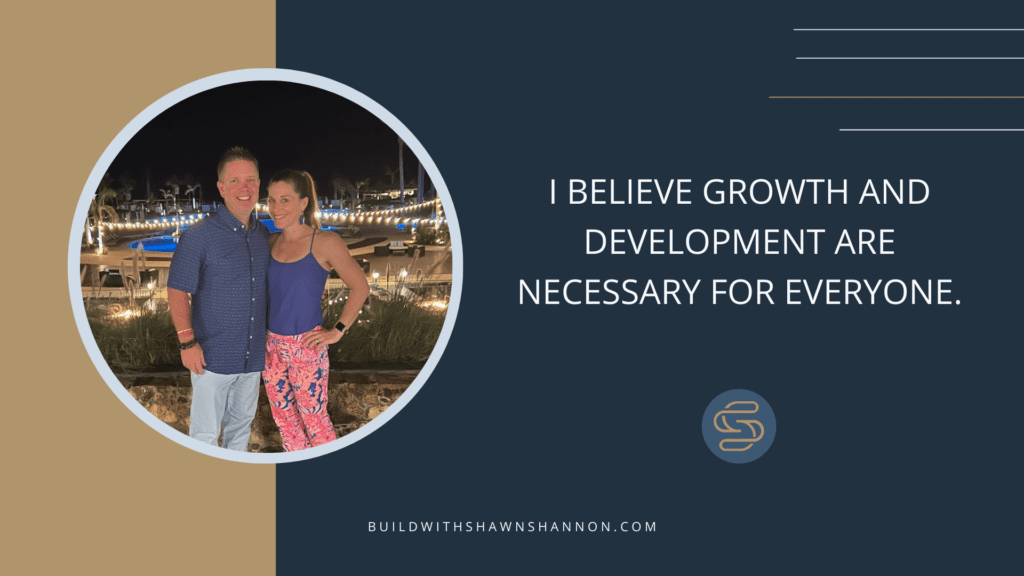You may want to consider universal life insurance if you’re looking for a life insurance policy that offers flexibility and potential cash value growth. In this post, we’ll take a closer look at universal life insurance and IUL insurance to help you decide if they’re right for you.
What is Universal Life Insurance?
Universal life insurance is a type of permanent life insurance that offers flexible premiums and death benefits. It is a great way to provide lifelong protection for your family. This policy offers many advantages over other types of insurance, including building cash value, avoiding probate, and providing tax-deferred growth. It also offers the flexibility to adjust your coverage as your needs change over time.
What Is A Universal Life Insurance Policy?
These policies are a type of permanent life insurance, meaning they offer coverage for your entire lifetime as long as you continue to pay your premiums. Universal life also has the added benefit of providing a death benefit to your beneficiaries tax-free.
What Are The Benefits?
There are many benefits of life insurance with this type of policy, including the ability to customize your coverage, build cash value, and have more control over your premiums.
Universal life also has the added benefit of providing a death benefit to your beneficiaries tax-free. These policies have a flexible premium, meaning you can choose how much you want to pay each month as long as it is enough to cover the cost of insurance. The policy will also accumulate cash value over time, which you can borrow against or cash out if you need the money. Universal life policyholders also have the option to change their death benefit amount as their needs change over time. In short, universal life insurance provides lifelong protection and flexibility, making it an attractive option for many people.
SECURE LIFE INSURANCE- CLICK HERE TO GET A FREE QUOTE
What Is Indexed Universal Life Insurance?
Indexed universal life insurance or IUL insurance is a type of universal life insurance that offers the potential for cash value growth linked to changes in an external index, such as the S&P 500 Index. IUL policies offer the death benefit protection of whole life insurance and the flexibility of universal life, with the added benefit of participation in the stock market’s upside potential without the downside risk. These policies also offer the opportunity to earn interest on a tax-deferred basis.
IUL policies are complex financial products, and it is important to understand how they work before purchasing a policy. These policies have two components: cash value and death benefit. The cash value component grows based on changes in an external index plus a guaranteed minimum rate of return set by the insurer. The death benefit component pays out a death benefit to your beneficiaries if you die while the policy is in force.
IUL policies offer several features that can be tailored to your personal financial needs and goals. For example, you can choose how much coverage you need, how long you need coverage for, and how much you want to contribute to the policy each month. You can also elect to have your premiums paid for a set period of time or until you reach a certain age.
IUL policies can be an attractive option for individuals looking for permanence in their life insurance coverage and who want the potential to participate in the stock market’s upside potential without incurring any downside risk. However, it is important to consult with a financial advisor to ensure that an IUL policy is right for you before making any purchase decisions.
What Is The Difference Between This Insurance And Other Types Of Life Insurance?
Universal life insurance is a type of life insurance that offers flexibility in both coverage and premium payments. Unlike term life insurance, which only provides coverage for a set period of time, universal life offers lifelong coverage.
In addition, policyholders can make changes to their premium payments and death benefits without undergoing a new medical exam. This flexibility makes this type of policy an attractive option for people who want lifetime coverage but don’t want to be locked into a set premium payment.
Universal life insurance also has the potential to build cash value over time, which can be accessed through policy loans or withdrawals. However, it is important to note that if withdrawals are made before the age of 59 ½, they may be subject to taxes and penalties.
Universal life insurance is just one type of life insurance available. Other life insurance types include term life insurance, whole life insurance, and variable life insurance. Each type of life insurance has its own advantages and disadvantages, so it’s important to compare options before choosing a policy.
Why Should I Consider This Type Of Insurance?
This type of insurance policy is a great option for anyone who wants permanent life insurance coverage with the added flexibility of customizable options. It’s also a good choice for those who want to build cash value or have more control over their premium payments.
Recap: Secure Your Future With The Right Type Of Insurance
If you’re looking for a life insurance policy that can offer death benefit protection and the opportunity to grow your money, this type of policy may be the right choice. Speak with our team at Shannon Agency to learn more about whether or not universal life insurance is right for you.





